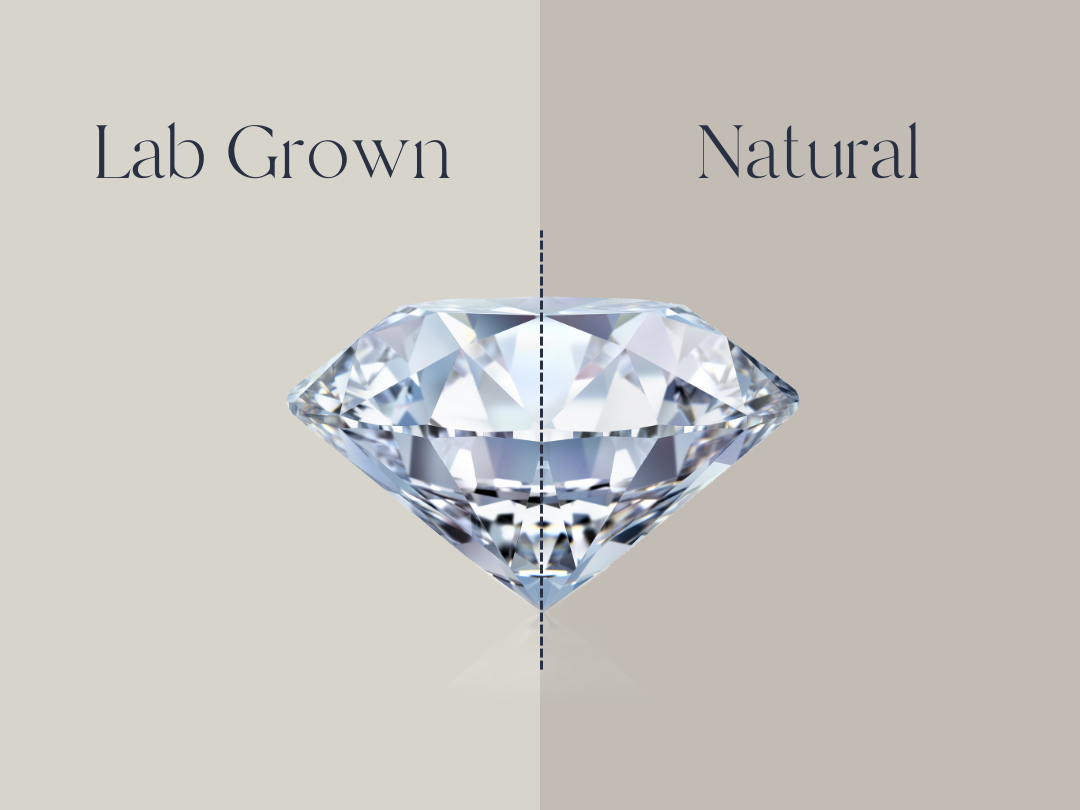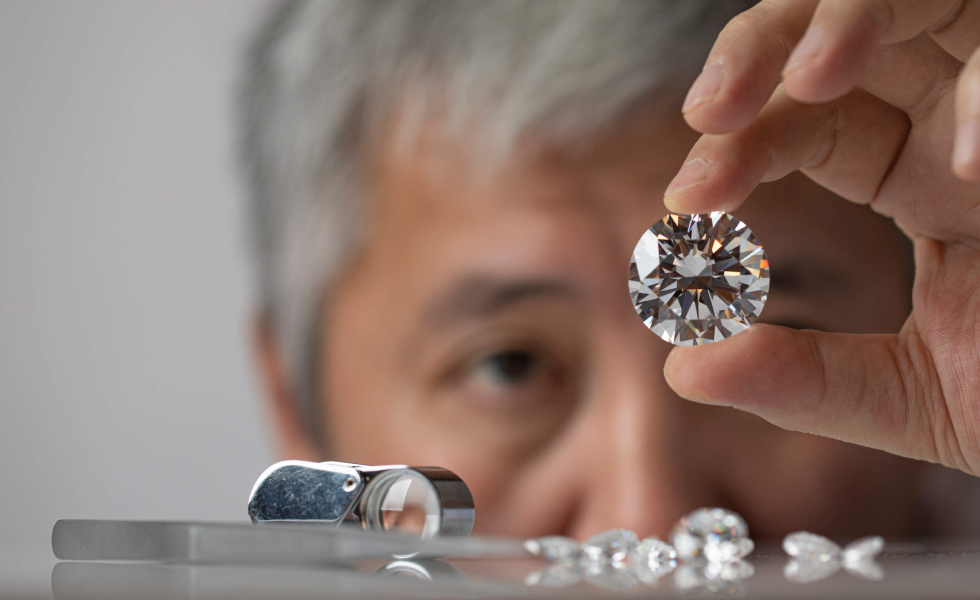Lab Grown Diamonds Fundamentals Explained
Wiki Article
All about Lab Grown Diamonds
Table of ContentsMore About Lab Grown DiamondsTop Guidelines Of Lab Grown DiamondsThe Lab Grown Diamonds IdeasThe Ultimate Guide To Lab Grown DiamondsAll about Lab Grown Diamonds
Standard diamond mining can have dangerous impacts on the setting and sometimes involves underhanded labor practices (Lab Grown Diamonds). In contrast, lab-grown diamonds are produced in regulated settings utilizing sophisticated innovation.What are lab-grown rubies? Just how do they compare to all-natural diamonds, and are they worth it?
They are a lot more affordable, yet their value likely will not stand up gradually. They will certainly likewise never ever have the very same rarity, individuality and meaning as an all-natural rock that was developed over billions of years deep in the earth. That claimed, we're all about choices at Miriam's, and we always place clients first.
Lab-created diamonds, likewise known as manufactured rubies, are grown in a laboratory. They correspond all-natural rubies in every means, consisting of the way they glimmer and their resilience. You can't discriminate by looking. They have the very same chemical and physical residential properties as diamonds located in the planet, and are thought about the exact same gems under the Federal Profession Payment (FTC).
Lab Grown Diamonds Fundamentals Explained
The process imitates the all-natural development of typical, extracted diamonds, which are formed deep in the planet's crust, under conditions of warm and pressure. A diamond's natural procedure takes billions of years to develop. On the various other hand, diamonds developed in a laboratory take only a matter of weeks to develop.One of the top reasons to purchase lab-created diamonds is that they are much more budget-friendly. Male made diamonds can set you back up to 30 to 40 percent less than all-natural rubies of the exact same size and quality.
There are possibly less environmental impacts since they are not extracted from the planet, and they might be much safer to make. Nevertheless, lab-made diamonds still make use of lots of energy and take enormous manufacturing facilities to create, so they may not be as environmentally-friendly as we assume. You may desire to trade-in or trade-up a lab-made ruby in a few years, just to discover it's worth cents on what you paid for.
The 6-Second Trick For Lab Grown Diamonds
The higher the supply, the much less important the item. You may pay much less to buy your diamond now, yet you likely will not get much, if anything, back from it later on. Natural diamonds are more of a financial investment because they will certainly always be an uncommon asset. Because they took billions of years to develop, there will just be many all-natural diamonds available in our life time.Rubies are connected with blessed events like engagements, weddings, and anniversaries. When selecting a ruby, you desire the very best you can manage. A lab-grown diamond might be the response browse around this site to locating the ideal budget friendly piece of fashion jewelry to celebrate your event or enjoyed one. Lab-grown rubies are understood by several names.
No issue what they are called, a lab-grown diamond, true to its name, is created in a laboratory. Pressure High-Heat approach, and the other is the Chemical Vapor Deposition method. The High-Pressure High-Heat technique is a simulation of the conditions that result in the formation of natural rubies in the midsts of the planet.
5 Simple Techniques For Lab Grown Diamonds
Critical between natural rubies and lab-created ones is tough for the typical individual. A diamond simulant is a stone that resembles a diamond, but it does not have just the same residential properties as a diamond. Cubic zirconia is one instance of an inexpensive ruby simulant. Moissanite is an additional example of a diamond simulant.
Lab-created rubies are made from carbon like natural rubies are. A lab-grown diamond's atomic make-up is the very same as that of a natural ruby.
The damages to communities and landmarks expands well past the hole where the diamond mine lies. Between damage to natural habitats and making use of nonrenewable fuel sources for running equipment, diamond mines are not environmentally pleasant. Lab-grown rubies, nonetheless, can be grown utilizing renewable energies to power the facilities.
10 Simple Techniques For Lab Grown Diamonds
This is an additional factor to consider a lab-grown diamond. They are approximately 40% less costly than their extracted equivalents. This suggests you can get a larger lab-created rock for the same money. Or, you could select a custom-made setting or much better metal than you thought you would be able to purchase Individuals value understanding read this article where their treasures come from.

Report this wiki page